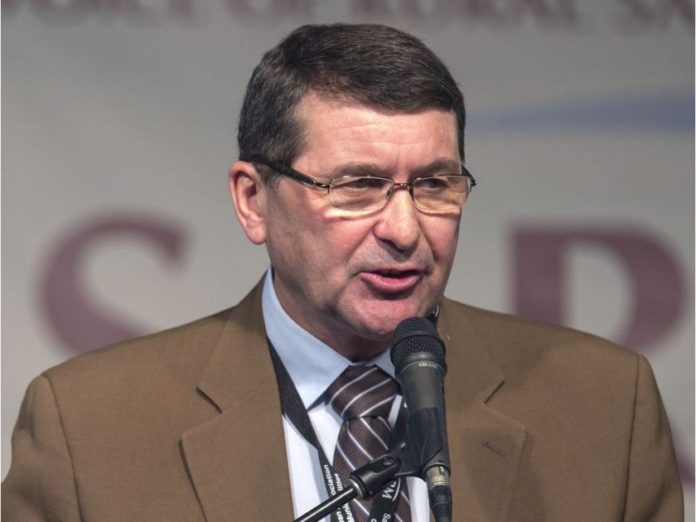The Saskatchewan Association of Rural Municipalities (SARM) said in a release on Thursday that they were concerned by the creation of a Canada Water Agency (CWA). SARM had several questions about the focus of the CWA and the overlap that federal regulations may have on provincial regulations and therefore opposes the creation of a CWA.
Environment and Climate Change Canada explained that the agency is still in development. They said the importance of fresh, clean water for the economy, health and wellbeing is why the agency is being created.
“The Agency aims to strengthen collaboration across Canada by working together with provinces, territories, Indigenous peoples, local authorities, scientists and others to address our most pressing fresh water issues and challenges, and find the best ways to keep our water safe, clean and well-managed,” Cecelia Parsons, a spokesperson for Environment and Climate Change Canada said in an email Monday.
“The Government of Canada is not embarking on legislative or regulatory changes by establishing the Canada Water Agency nor encroaching on provincial and territorial jurisdiction over freshwater. Rather, it will be designed to be collaborative and add value,” Parsons added.
Parsons explained that the mandate and structure of the CWA have yet to be determined and is the subject of ongoing engagement with Indigenous peoples, provinces and territories, stakeholders and the public.
This seemingly addressed the concerns raised by SARM. The organization’s release was spurned by the City of Regina declaring they wanted the head office of the new agency.
“We are concerned it’s mostly because the overlap of jurisdiction,” Orb said in an interview Thursday.
“We have the Water Security Agency and that’s the agency that the municipalities work with.”
SARM said in a news release that they will not support a bid for a head office of an agency they are not in favour of.
According to a report from CJME radio, four post-secondary institutions are also supporting the bid, including University of Regina, the First Nations University of Canada, Saskatchewan Polytechnic and the University of Saskatchewan.
Orb said the new layer of bureaucracy is not necessary at this time.
“Now we are seeing the federal government saying we need a federal water agency and we don’t think we do. We are surprised, not so much that they are talking about it but there is no budget for it for one thing. The feds have never said that this is what they want to spend money on. At this time you want to spend money on things that are really important in this crisis,” Orb said.
The launch of public consultations to help establish the new Canada Water Agency began in May, 2020 and consultation on the Canada Water Agency Discussion Paper closed on March 1, 2021. Indigenous engagement will continue throughout 2021.
According to a release on consultations, the Government of Canada is establishing the Canada Water Agency to find the best ways to keep water safe, clean, and well managed. The Canada Water Agency will be established in close collaboration with provinces, territories, Indigenous Peoples, and other partners.
A government discussion paper says it’s seeking Canadians’ input to help identify freshwater priorities for the federal government and build on the federal government’s existing activities to enhance freshwater management, while avoiding duplication and respecting areas of provincial and territorial jurisdiction. The Government of Canada hosted a virtual national freshwater policy forum in January and a series of regional forums in February to provide further opportunities for Canadians to participate in consultations.
“Over the last several months, the Government of Canada has been engaging with Provinces and Territories, First Nations, Métis and Inuit. A number of virtual forums, including at the regional level, were held in January and February to facilitate stakeholder and public feedback on our Discussion Paper released in December,” Parsons said.
SARM’s release explained that municipal infrastructure repair and replacement is critical to the safety and well-being of the public and industry using that infrastructure and it is imperative that such projects be completed in a timely and cost-effective manner.
SARM said more bureaucracy will only increase the costs and length of approval processes for municipal construction and maintenance projects involving water or near water.
“We have said this all along — we don’t feel we need to have layers and layers of bureaucratic red tape when it comes to approvals of our projects because we need to get them done in a timely basis. There is funding available, we are trying to get more funding, but we also need the projects to go ahead faster,” Orb said.
According to Parsons, a ‘What We Heard Report’ will be developed to capture public feedback on the Discussion Paper, and along with feedback from Provinces and Territories and Indigenous partners that is being collected through ongoing discussions, will be used to further inform the establishment of the CWA.


